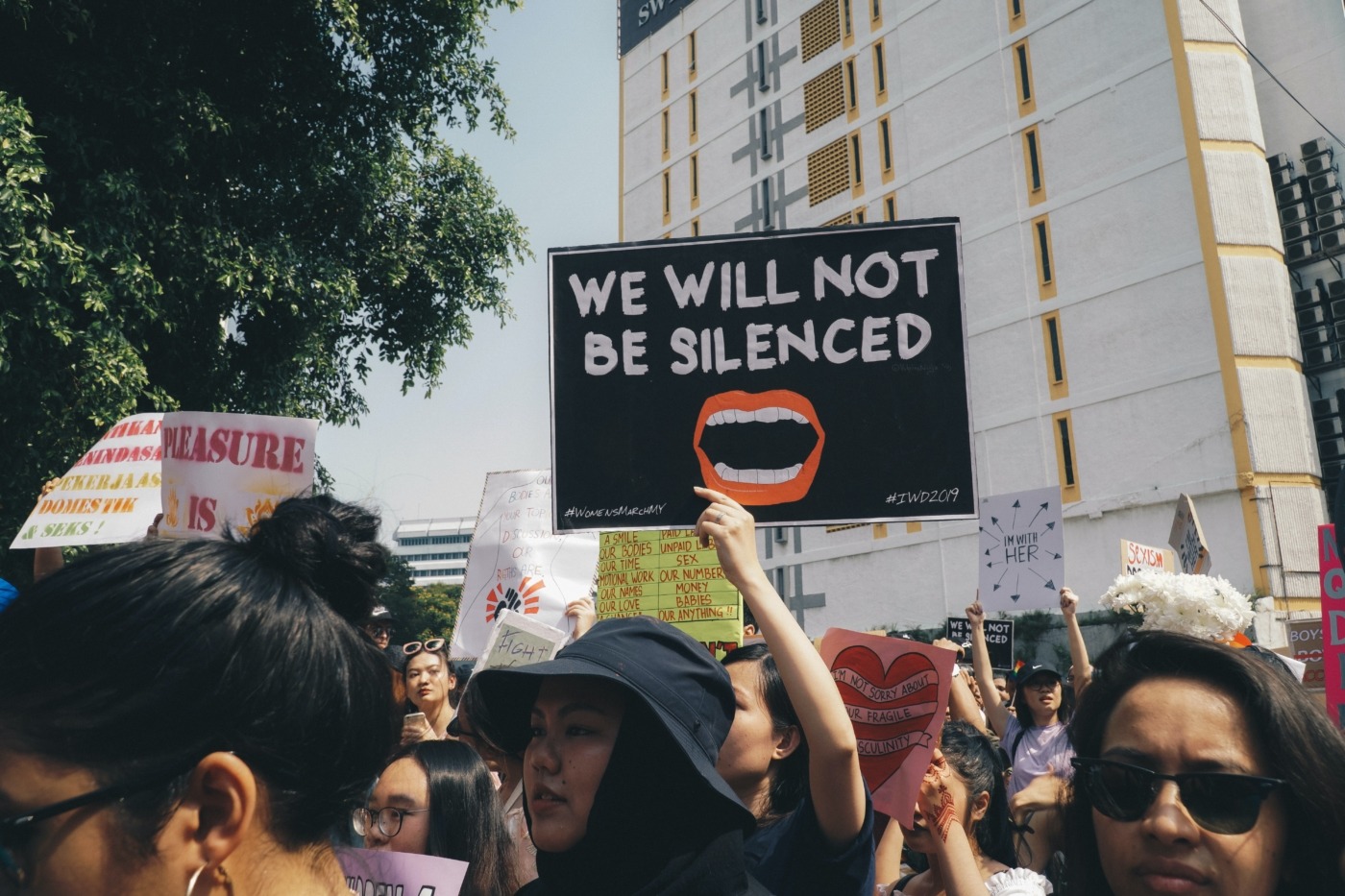Vive la revolution: long live the protest song
Wherever social movements go, music follows. It’s been that way ever since Billie Holiday popularised the song ‘Strange Fruit’ back in 1939 to protest the lynchings of the Black community at the hands of the Ku Klux Klan. Some eighty years later, musicians are still writing songs inspired by the injustices that plague our world today. They form the soundtracks to the marches on the street and to individuals’ personal dealings with the issues of the time.
Protest songs tend to appear as part of waves. We’ve had songs protesting the Vietnam War, the Thatcherite regime, the Troubles in Northern Ireland and, at the turn of the century, an even more collective rush of songs by everyone from Green Day to Gossip to P!nk challenging George W. Bush and the Iraq War.
A few years ago, Consequence of Sound claimed that “protest music [was] sliding into irrelevance”. That couldn’t have been a more myopic statement
Of course, the current wave of protest music is indebted to the Black Lives Matter movement. It has birthed songs such as Childish Gambino’s ‘This Is America’, Beyonce’s ‘Formation’ and more recently, ‘The Bigger Picture’ by Lil Baby (inspired by the killing of George Floyd) and Alicia Keys’ ‘Perfect Way To Die’. Further afield, BLM has also inspired songs of allyship from white artists, including IDLES’ latest single ‘Grounds’ and from the world of metal, ‘Stop The Bleeding’ by Machine Head and Jesse Lacey.
A few years ago, Consequence of Sound claimed that “protest music [was] sliding into irrelevance”. That couldn’t have been a more myopic statement. Although the world of music is always changing – we listen in different ways and to different artists than we did ten years ago – this is one aspect of music that will never change. Music is about self-expression: it’s the perfect medium for artists to channel their anger and frustration at the world. As long as there is injustice, we will hear songs inspired by social ills.
These songs do more than just provide an outlet for the artist: they vocalise the thoughts and anger of ordinary people
Sceptics may question how much songs can do for a cause. Can you change the world with a few chords and a catchy melody? Perhaps not, but it doesn’t mean that protest music has no value. These songs do more than just provide an outlet for the artist: they vocalise the thoughts and anger of ordinary people. They empower and inspire. They can be like a friend who understands how you feel and reminds you in the face of the naysayers that your anger is valid and understood.
At the same time, they can also raise awareness. I learned about police brutality, for example, not through the news, or even books, but from hearing music about it, such as ‘Killing In The Name’ by Rage Against The Machine and ‘Good Mourning America’ by now-defunct punk outfit letlive. Music shines a light on injustice in an accessible and powerful way that the news could never manage to convey.
Vive la revolution, I say, and long live the protest song
As topical as protest songs are, they are never disposable. Sometimes they become time capsules of an era long past. In others, their relevance holds true to this day, like the songs of NWA, as sobering as it is that the issues, especially racial, discussed in 80s or 90s protest music are still prevalent today.
Other songs can be reinterpreted when their subject matter fits another issue. The first thing I did when I woke up to the news that Donald Trump had been elected President was angrily blast Green Day’s ‘American Idiot’ from my speakers. That song was written about George W. Bush, but it still feels relevant in the Trump regime a decade or so later. It felt so relevant, in fact, that a campaign was launched to get the song to Number 1 in time for Trump’s state visit to the UK in 2017.
So, is the protest song making a comeback? Yes and no. We’re creating a new wave of protest music, sure, but protest songs never really died out. Indeed, that may never happen, and all the better for it. Vive la revolution, I say, and long live the protest song.

Comments